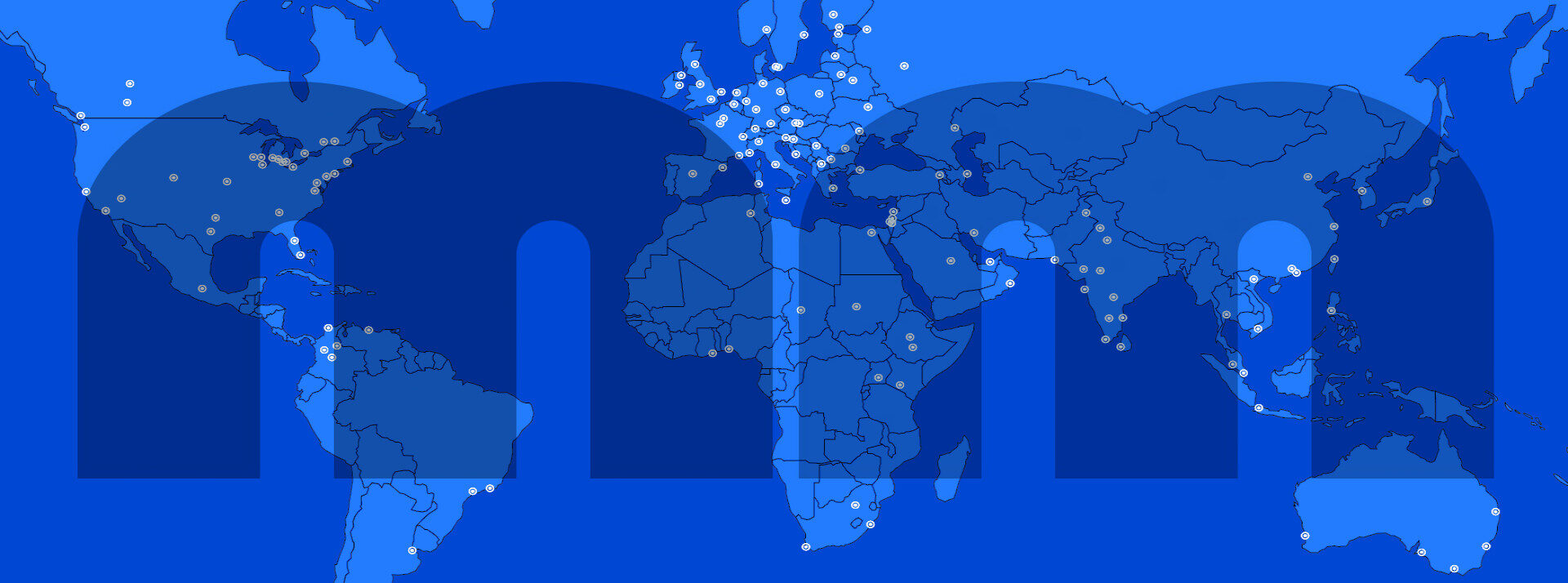MoMo Detroit – Nov. 11th – Context-aware Computing via Mobile
Posted on: October 17, 2013 – Filed under: Detroit
What do these scenarios have in common?
- While you are out shopping for a sweater, you receive a coupon on your mobile device for 30% off one particular sweater brand sold in the store you’re shopping in
- Inclement morning weather will cause delays in travel, so your alarm automatically wakes you earlier than your normally scheduled time
- A doctor walks into a patient’s room and the patient’s records are automatically pulled up on the doctor’s tablet device
These are all examples of context-aware computing. Research firm, Gartner, defines context-aware computing as a style of computing in which situational and environmental information about people, places and things are used to anticipate immediate needs and pro-actively offer enriched, situation-aware and usable content, functions and experiences.
The advent of social networks, the pervasiveness of mobile-computing technologies, and a myriad of other technologies are coming together to offer capabilities and services that can greatly improve our personal and professional lives.
To help us understand more about context-aware computing and the opportunity it provides in every industry, Mobile Monday Detroit presents the following topics and speakers:
TOPICS:
Overview of Context-Aware Computing; Mark Driver, Gartner Research
Presentation will include:
- Background: What is context-aware computing
- Why now? What technologies are available to enable this capability?
- What are the benefits and challenges?
- What role will mobile computing play in this area?
- What is the future? How will context-aware computing evolve and how will it impact our lives?
Examples of context-aware computing will be provided throughout the presentation.
Context-aware Mobile Computing: Progress, Problems and Prospects; Mark Newman, UM
Context-aware computing applications have the potential to greatly simplify user interaction, aid human cognition, and allow systems to behave in a much more natural and socially-appropriate manner. For almost 25 years, researchers have explored the vision of context-awareness, and recent advances in mobile computing have created the conditions in which the vision can become a reality. However, significant challenges remain. This presentation will provide contemporary research directions and provide insights into what might be coming next. Areas include:
- an overview of the different aspects of context that can be sensed by mobile devices,
- the current state-of-the-art in detecting context,
- the difficulties that still need to be overcome.
Finally, challenges to software-design processes that arise when dealing with context awareness will be reviewed, along with work being done by Mark’s group at the University of Michigan to address those challenges.
Speaker Bios:
Mark Driver, Vice-president/Research Director, Gartner Research
Mark Driver specializes in application development technologies and open-source software. Within Gartner, Mr. Driver serves as a principal analyst for Java technology, as well as the Microsoft .NET framework. He is also the principal analyst covering the business and technical issues of the open-source software model. He covers many aspects of application development and open-source software, including adoption challenges, best practices, market impact and development models. Prior to joining Gartner, Mr. Driver was a technical architect and project leader for more than 15 years in the IT industry, where he focused on distributed open systems development. He worked in several areas including state government, commercial software vendors and in-house IT groups.
Mark W. Newman, Associate Professor, School of Information, Department of Electrical Engineering and Computer Science, University of Michigan / Founder, Michigan Interactive and Social Computing (MISC)
Mark Newman’s research interests are in the areas of Human-Computer Interaction and Ubiquitous Computing, with a focus on support for interaction design and end-user configuration. In 2012, Mark received a NSF CAREER Award to pursue the development of tools for context-aware system design. Before joining the University of Michigan, Mark was a research scientist in the Computer Science Laboratory at the Palo Alto Research Center (PARC) from 2000 – 2007. He earned his Ph.D. and M.S. in Computer Science from UC Berkeley and his B.A. in Philosophy from Macalester College.

